When JPMorgan Chase (JPM) told investors this month about a possible Consumer Financial Protection Bureau enforcement action targeting bank-owned payments app Zelle, it also offered a warning to those same regulators.
The New York banking giant said it was evaluating whether to sue the CFPB over the Zelle inquiries, according to a quarterly filing made on Aug. 5. Regulators and some lawmakers are concerned about fraud on the platform, which is owned by seven lenders including JPMorgan.
“The firm is evaluating next steps, including litigation,” the bank said in its filing.
Read more: What is Zelle, and is it safe to use?
This is not the first time in 2024 that JPMorgan has tossed out the possibility of suing its D.C. overseers.
It also did so in January when JPMorgan’s CFO, Jeremy Barnum, openly discussed the possibility of suing bank regulatory agencies over a set of higher bank capital requirements known collectively as Basel III.
Suing the bank’s own regulator “is never a preferred option,” Barnum told reporters in January, but “it can’t be taken off the table.”
The aggressive stance by the nation’s largest bank is part of a larger pushback by many big lenders as they seek to get their way in Washington, D.C.
And they have had some success, especially after pressing regulators publicly for the last year to reconsider the Basel rule that would require them to hold greater buffers against future losses.
This year, Fed Chair Jerome Powell and other regulators made it clear that major revisions are being made to that proposal.
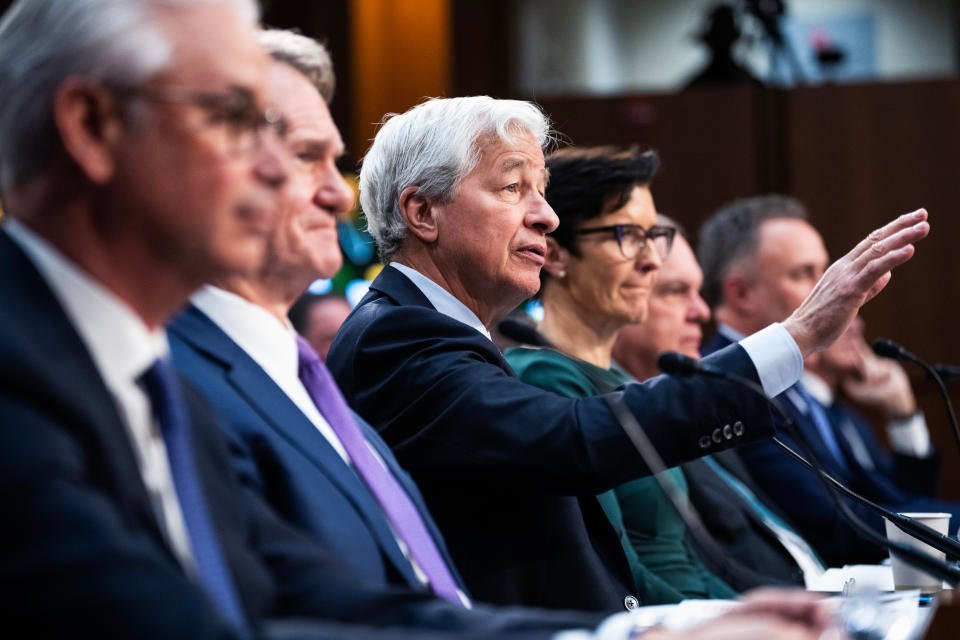

The concerns about the capital rule — the most aggressive proposed change to how banks are regulated since the aftermath of the 2008 financial crisis — range from the harm it could do to the US economy to ways in which it would reduce access to mortgages for disadvantaged home buyers.
The willingness of regulators to change what they already proposed highlights how much more leeway big banks have in Washington, even in a highly charged election year — a sharp contrast to the harsh political scrutiny they received in the aftermath of the 2008 financial crisis.
Then-President Barack Obama summed up that view in December 2009 when he told “60 Minutes” that “I did not run for office to be helping out a bunch of fat cat bankers on Wall Street.”
“They’re still puzzled why is it that people are mad at the banks. Well, let’s see,” he said during that 2009 televised interview.
“You guys are drawing down $10 [million], $20 million bonuses after America went through the worst economic year that it’s gone through in decades, and you guys caused the problem.”
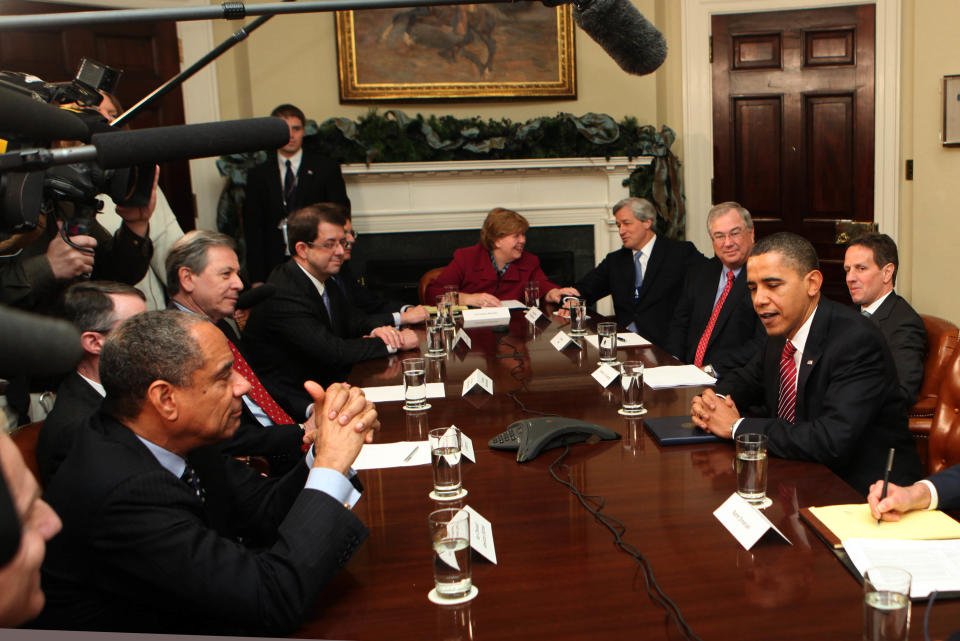

An ‘opaque’ stress test
Fifteen years later, JPMorgan is not the only big bank now willing to go public with its dissatisfaction with certain D.C. actions.
Goldman Sachs (GS) CEO David Solomon, for example, went public with his criticism of the Federal Reserve after a recent stress test result that the bank didn’t like, calling the process “opaque.”
The Fed called on the Wall Street giant to raise its stress capital buffer by 94 basis points, one of the largest increases among participating banks.
“This increase does not seem to reflect the strategic evolution of our business,” Solomon said.
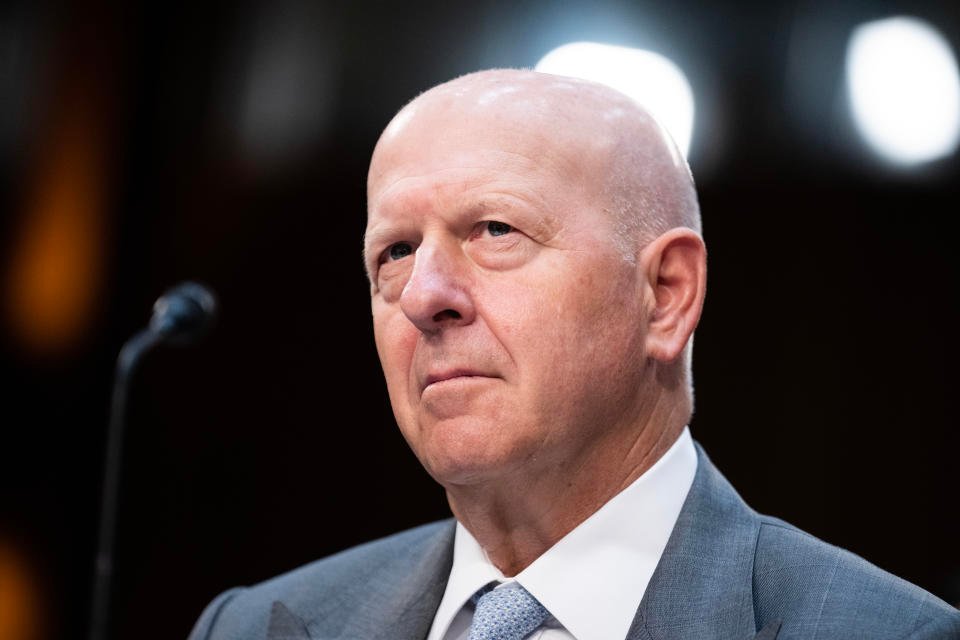

JPMorgan didn’t agree with its result either, noting in a statement that the Fed underestimated the amount of losses it would have in severe shock scenarios — based on the bank’s own weekly stress testing.
“Should the firm’s analysis be correct, the resulting stress losses would be modestly higher than those disclosed by the Federal Reserve,” the bank said in a press release.
Another top JPMorgan executive, Marianne Lake, has warned that other new federal rules capping overdraft and late fees will mean the bank has to charge for services that are currently free.
“The industry is facing an onslaught of regulatory and potential legislative change,” Lake, CEO of JPMorgan’s sprawling consumer bank, told investors in May. “The people who will end up being impacted the most will be everyday Americans,” she added.
Read more: 5 common banking mistakes that could be wasting your money
Meeting with Jay Powell
Even as big banks get more aggressive, they don’t have difficulty getting an audience with some of the officials who run these agencies.
CEOs from some of the biggest banks — including Dimon, Bank of America (BAC) CEO Brian Moynihan, and Morgan Stanley (MS) CEO Ted Pick — met with Powell in D.C. last month to discuss the capital rules and other topics.
The meeting with the Fed chair, arranged by industry advocacy group Financial Services Forum, was not necessarily unusual. It was Powell’s third meeting of the year involving Dimon, according to his meeting calendar.
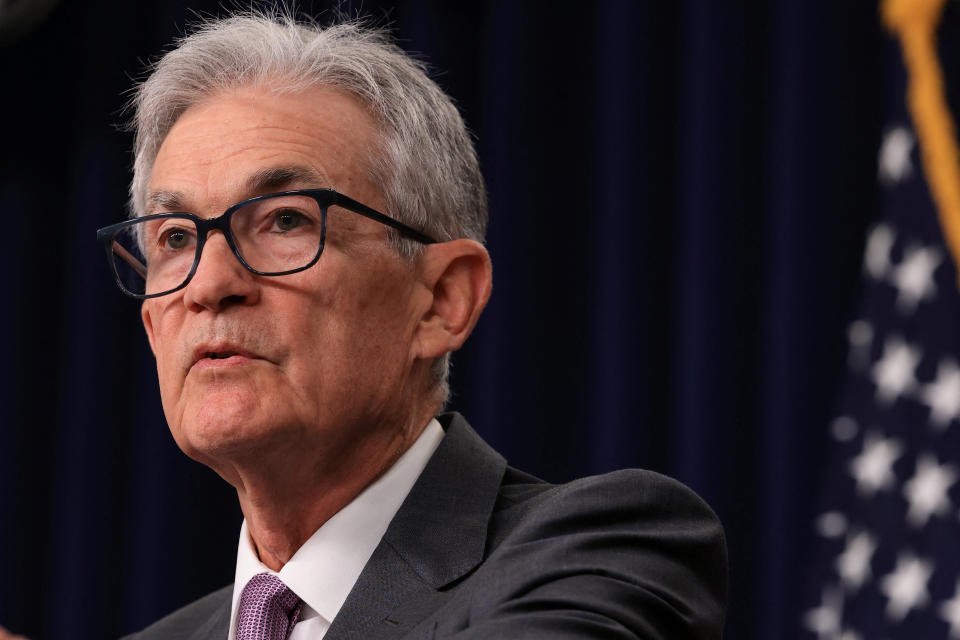

One was in person in May, while another was virtual in January along with several other bankers, including Solomon, Moynihan, Wells Fargo (WFC) CEO Charlie Scharf, and Citigroup (C) CEO Jane Fraser.
What remains an open question in Washington, however, is how the November presidential election might change the approach to regulating these banks.
A victory by Republican Donald Trump might mean a more relaxed stance, although his running mate, JD Vance, did say last month that Trump’s agenda “won’t cater to Wall Street.”
Democratic candidate Kamala Harris, on the other hand, has cited her toughness on the big banks during the aftermath of the 2008 crisis as a major highlight on her résumé.
One key test of how financial giants may fare into the next year will be whether regulators let stand Capital One’s (COF) $35 billion purchase of Discover (DFS). The deal would make Capital One the biggest credit card lender in the US, bigger than even JPMorgan in that measure, and the sixth-largest US bank.
At a public meeting last month, critics said the deal would hurt consumers and create another too-big-to-fail bank. Democrat Maxine Waters urged regulators to block the deal while Capital One CEO Richard Fairbank argued in favor of approval.
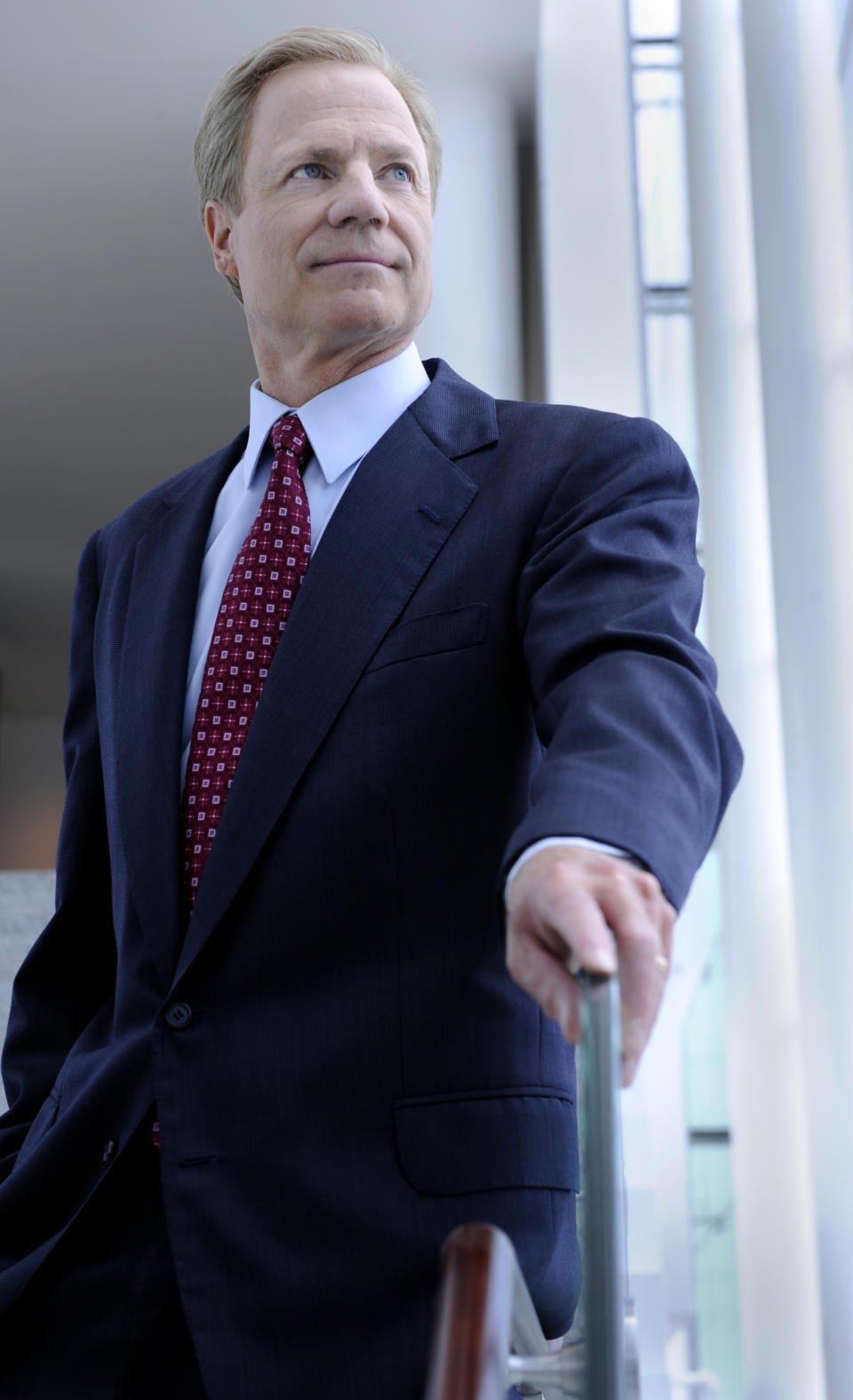

“This acquisition advances financial stability and increases competition in the industry, while also providing significant new benefits in the communities in which we operate,” he said.
No matter what happens in November, one recent Supreme Court decision in June potentially strengthened the hand of banks hoping to change certain federal regulations.
The high court overturned a 40-year-old legal doctrine that gave federal agencies leeway to interpret laws, thus reining in the power regulators have to intervene in many industries, including finance.
“This decision opens the door for banks to challenge regulations in court more aggressively,” Kairong Xiao, an associate professor at Columbia Business School, told Yahoo Finance.
“The last time we saw substantial deregulation in the financial sector, it culminated in the 2008 global financial crisis,” he added.
David Hollerith is a senior reporter for Yahoo Finance covering banking, crypto, and other areas in finance.
Click here for in-depth analysis of the latest stock market news and events moving stock prices.
Read the latest financial and business news from Yahoo Finance

